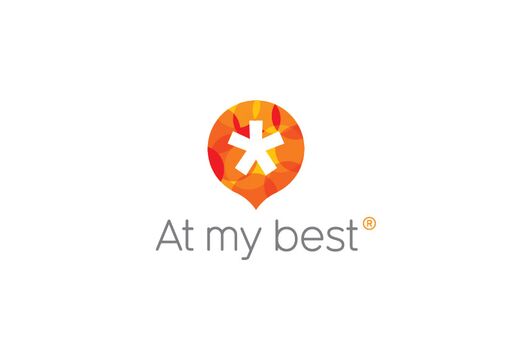How have you been taught to give feedback? The ‘sandwich’ approach? (some good news, some not so good news – sometimes consisting of straight from the hip criticism – some more good news). What would happen if we just focused, wholly and simply, on appreciation?
Many of us fear that this would lead us into a world of unrealistic perceptions and feed monstrous egos. It is true that there is a time and place for us to learn from mistakes and unhelpful habits that impact negatively on others – whether at work or home. Constructive feedback on things that may need improving has its place. But much of the time, people are delivering negative judgements on themselves or others in ways that can be unconscious, undermining and insidious. We live in an environment of constant (and often harsh) judgement – amplified by social media and the tabloid press, by reality television and competitive game shows. Even the gentlest of hobbies, like baking, sewing and pottery, have become competitive on our screens. Open to judgement for both the product and the person taking part.
Here at Work Positive, we are very aware of the impact that appreciation and positive feedback can have. Some of our 360 feedback clients have been pleased (and relieved) to discover how getting well structured, clear and specific positive feedback can boost motivation and morale. And we have been busy developing a way to help people gather and give the positive appreciation in such feedback in an even better way. We’ll tell you a little more about that in a moment, but first, let’s have a look at some of the evidence as to how important appreciation and gratitude can be.
The Five Ways to Well-being were developed by the New Economics Foundation in 2008. These were drawn from research in many fields – economics, psychology, sociology and medicine – that distilled key lessons into a simple framework to remember and apply. The five core principles of well-being are:
- Connect
- Be active
- Take notice
- Keep learning
- Give
Taking time to appreciate both things and people is inherent in several of these, but especially – when it comes to people – connect, take notice and giving. It is well established that our social connections are a very important ingredient in our well-being. Work by social and organisational psychologist Professor Alex Haslam is underlining this in many ways. His latest book, The New Psychology of Health: unlocking the social cure argues that our social identity is probably the most important factor in both physical and mental health. Belonging to healthy groups helps us to maintain good health habits and to find emotional connection, safety, and meaning in life.
One part of forging such social connection and belonging is about looking for and expressing what we find positive about the others we want to connect with. To do that, we have to first notice what we value in those people. And then find a way of giving those appreciative observations to them.
Professor Martin Seligman, often regarded as the father of positive psychology, describes ways of focusing on gratitude in his book Flourish. He describes the what-went-well exercise that many of us are now familiar with, to write down three things that went well at the end of each day, and why they went well. Participants in the study had their levels of happiness and depression-like symptoms measured before they started doing this and then one, two and six months later. In a nutshell, happiness rose and depression reduced, especially for those who carried on doing it.
Another exercise was more explicitly to do with social connection – the gratitude letter. This involves thinking of someone who has made an important difference in your life, writing a thoughtful letter about that and then delivering it in person if possible. This was shown to have a positive impact on the giver even a month later. And that’s without considering what the receiver gets. Most of us know the warm glow that comes with an unexpected thank you note.
And this brings us back to our new initiative. Building on our experience of designing robust, research-based, feedback systems, we will soon be launching an innovative way of giving appreciative feedback to friends, family or colleagues. Woohooyoo is a way to give a beautiful book full of carefully curated reflections, photos and feedback to someone you care about. If you are interested in finding out more, subscribe to the Woohooyoo mailing list now, and you will be one of the first to be invited to use the service.
As we know from the research, this will work wonders for your own feelings of well-being as well as for the person you’re doing it for. A true win-win we feel!
